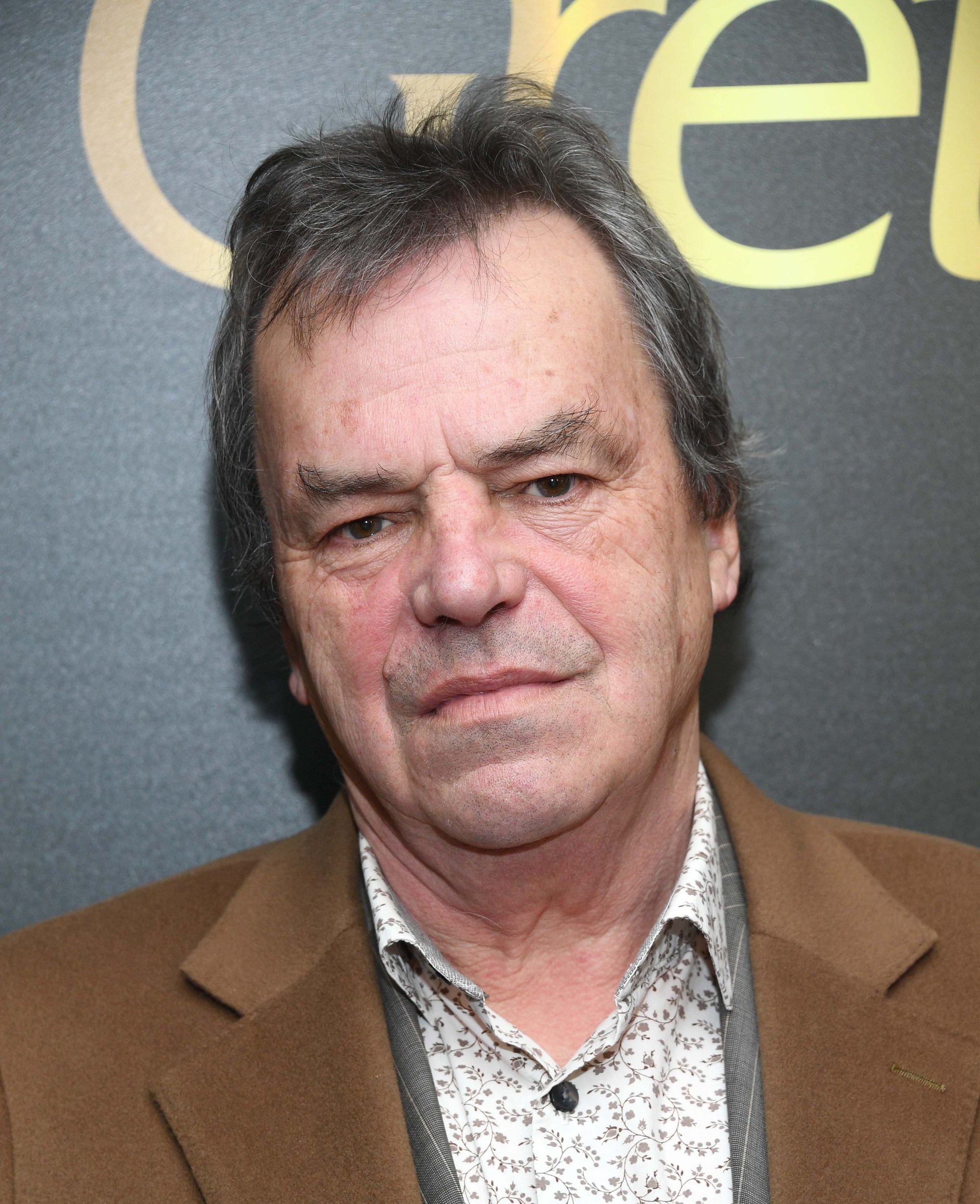
- Interviews
Neil Jordan on How Brexit Will Damage Cinema
While many people rightly agonize and fret about what may happen to European co-operation after Britain leaves the EU, its damaging effects are already being felt in the world of film and television. Long an important co-production partner for those in the entertainment industry, uncertainty and doubt now cloud the landscape in London, where deals have frequently been birthed and cemented.
Golden Globe nominee and Oscar-winning Irish director Neil Jordan, whose early film career was hugely supported by British film entities like Channel Four and the BFI, says he has stopped going to London since the 2016 Brexit vote to leave the EU.
“The greatest professional relationship of my life has always been with Channel 4. My agent is British. I’ve worked with great British producers like Stephen Wooley and Nick Powell. The cross-fertilization between British and Irish cinema has all been done with the generosity of the British Film Institute and the BBC,” he said.
“I think it’s very tragic, that people have voted to leave the EU. I’ve stopped going to London because that interaction is winding down. It’s a shame. I miss being an Irishman in London. I also hope I’ll never again need to make movies like The Crying Game or Michael Collins or Angel. (All those films dealt with the violence stemming from historical tensions between Ireland and England).
And it’s not just the business ramifications of Brexit that worry Jordan. He is also deeply concerned about the political ones which will result in a border being re-established between Northern Ireland and the Irish Republic, the source of 30 years of political strife and near civil war.
“I had a relative killed by a bomb in Dublin in 1974. I would have had to be living blind not to address the real political issues at the moment.”
Over the past four years, Jordan has been working in Hungary, filming the TV series, The Borgias, which he has really enjoyed. He says television is much more a writer’s medium than film.
“I had tried to make it as a movie of The Borgias but Showtime said why don’t you make it as a TV series, to telescope so many of the characters and events. Then it expanded to 40 hours and I loved the experience. I don’t love working as a director in television, but I do love it as a writer.”
He was briefly involved in the writing and originating of Riviera with former U2 manager, Paul McGuinness, but the two parted ways acrimoniously. He does not seem upset.
“I can’t say anything about it, sorry. Let them proceed with it, I had one vision of it and I chose not to direct it. Let them go in the direction they want it to go. It works for them.”
His latest movie, Greta opened last month to mixed reviews. A thriller set in New York and starring Isabelle Huppert and Chloe Grace Moretz, most of the interiors were filmed in Dublin, as a stand-in. It allowed Jordan to work again with Stephen Rae, Joan Bergin, and Seamus McGarvey. Greta is a lonely stalker who lives alone in Manhattan and Jordan liked the story because these types of characters are usually male.
“Twenty years ago this would have been made by Sony or Paramount, but things being what they are, we had to put it together with little money, so this meant I had to build interior sets in Ireland. It was a pleasure to work close to home and with an Irish crew, I’d worked with before. It was challenging to build those sets in Dublin, but it was fun.”

